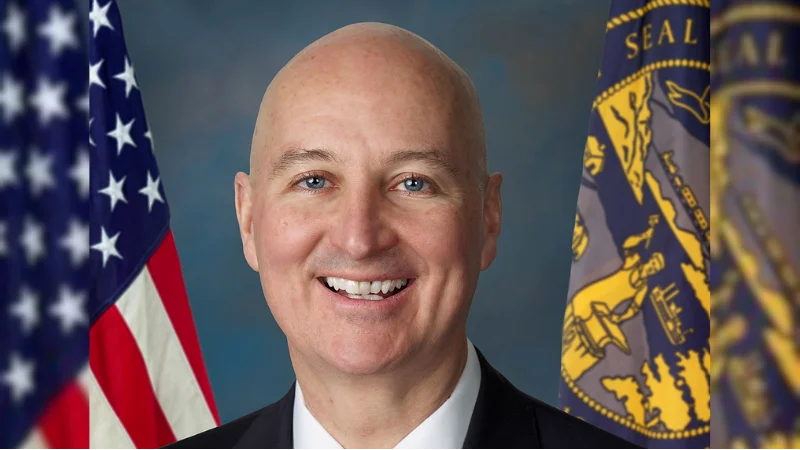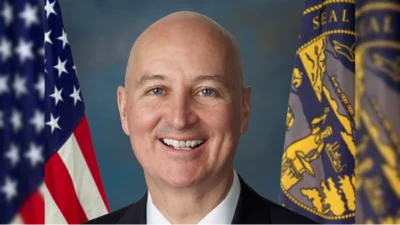Senator Pete Ricketts, US Senator for Nebraska | Sen. Pete Ricketts Official U.S. Senate headshot
Senator Pete Ricketts, US Senator for Nebraska | Sen. Pete Ricketts Official U.S. Senate headshot
Over the weekend, President Donald Trump signed into law a congressional review act resolution introduced by U.S. Senator Pete Ricketts. The resolution nullifies a rule from the Consumer Financial Protection Bureau (CFPB) concerning digital payment applications, which was established during the Biden administration. This CFPB rule was criticized for stifling innovation and complicating financial transactions. With its nullification, consumers will find it easier to send and receive money among family and friends.
Senator Ricketts commented on the development, stating, “Following their election loss, the Biden-Harris CFPB rushed an eleventh-hour rule to attack non-bank digital consumer payment applications.” He expressed satisfaction with President Trump's decision to sign his resolution into law, emphasizing its importance in reversing regulation and supporting American consumers. Ricketts highlighted that these applications are popular among consumers and praised Trump for implementing what he described as common sense measures by overturning this particular rule.
The background of this issue dates back to November 21, 2024, when the CFPB finalized a rule titled “Defining Larger Participants of a Market for a General-Use Digital Consumer Payment Applications.” This rule was part of several late-year regulations issued by the Biden Administration. Effective January 9, 2025, it extended the CFPB’s powers to include new supervision and examination authority over nonbank entities identified as "larger participants" in the digital consumer payment applications market. These entities include various payment apps and services that handle at least 50 million consumer payment transactions annually.
Despite existing federal and state regulations overseeing many payment companies and positive consumer experiences with these services, additional oversight was deemed unnecessary by critics. The CFPB's move was seen as expanding its authority without clearly identifying specific market risks or issues not already addressed by current regulations. Critics argued that this could lead to stifled innovation, fewer services, increased costs, and questioned the cost-benefit analysis provided by the CFPB.


 Alerts Sign-up
Alerts Sign-up